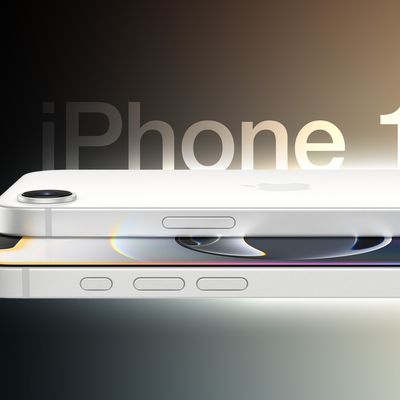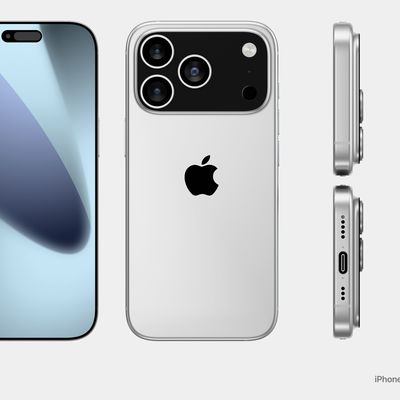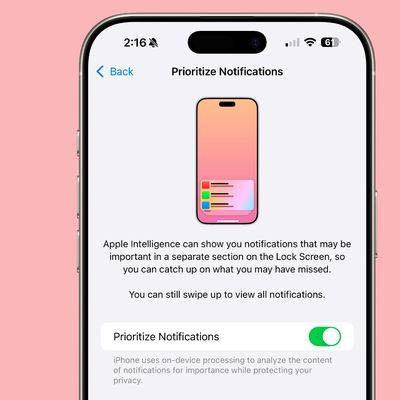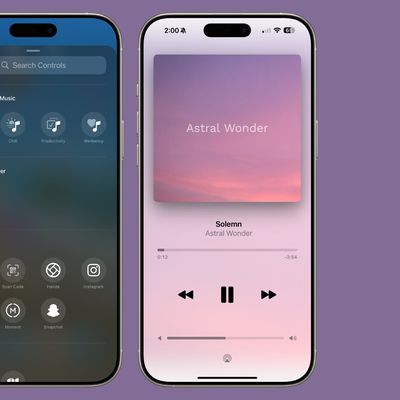As of late January, it became illegal in the United States to unlock newly purchased mobile phones without carrier authorization. The decision, which came from the Librarian of Congress declining to issue an exemption for such activity under the Digital Millennium Copyright Act, serves to restrict U.S. customers from shifting service to other carriers or using their devices abroad with local SIM cards.
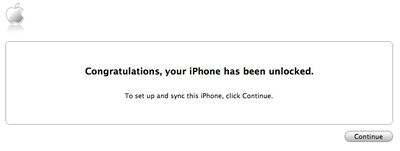
A "We the People" petition addressing the issue was quickly started, with the petition exceeding the 100,000 signatures required to receive a response from the White House. Less than two weeks after the petition period closed, White House advisor R. David Edelman has now issued an official response pledging support for the freedom to unlock not only mobile phones, but also tablets.
The White House agrees with the 114,000+ of you who believe that consumers should be able to unlock their cell phones without risking criminal or other penalties. In fact, we believe the same principle should also apply to tablets, which are increasingly similar to smart phones. And if you have paid for your mobile device, and aren't bound by a service agreement or other obligation, you should be able to use it on another network. It's common sense, crucial for protecting consumer choice, and important for ensuring we continue to have the vibrant, competitive wireless market that delivers innovative products and solid service to meet consumers' needs.
This is particularly important for secondhand or other mobile devices that you might buy or receive as a gift, and want to activate on the wireless network that meets your needs -- even if it isn't the one on which the device was first activated. All consumers deserve that flexibility.
The response outlines a range of possible next steps to address the unlocking issue, including "narrow legislative fixes" to directly address the issue, working with the Federal Communications Commission on policies, and encouraging mobile phone carriers to loosen their restrictions against unlocking where needed.
In a press release, the Library of Congress defends its original decision, noting that it has a relatively narrowly defined role in deciding on exemptions based on the evidence presented to it by parties involved in the proposals. It notes that broader discussions of public policy need to be carried out at other levels and that such discussions can be sparked by the Library of Congress's decisions as occurred in this case.
Note: Due to the political nature of the discussion regarding this topic, the discussion thread is located in our Politics, Religion, Social Issues forum. All forum members and site visitors are welcome to read and follow the thread, but posting is limited to forum members with at least 100 posts.


